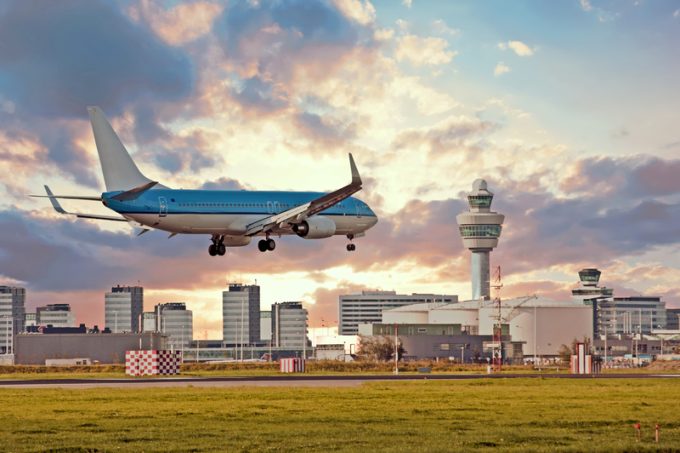Truck driver safety 'the prime objective' as cargo crime hits new heights
The Transported Asset Protection Association (TAPA) has outlined security measures to increase truck driver safety ...

While Schiphol itself and the freighter operators wait for capacity at the airport to rise in 2020, decisions on yet further growth have slowed down.
Calculations on noise at the airport have been questioned by the secretary of state for aviation, who claims they do not ...

Comment on this article